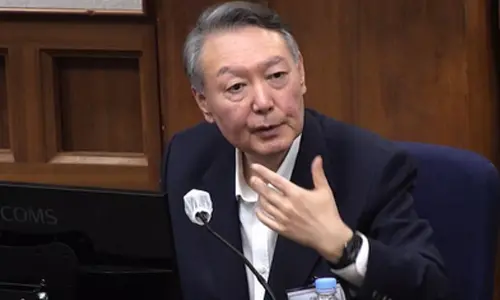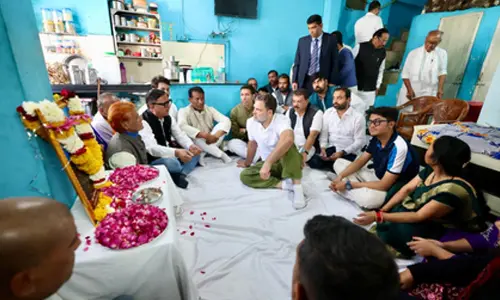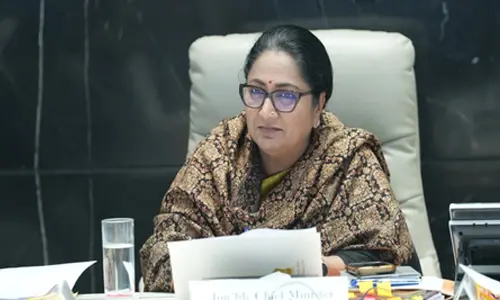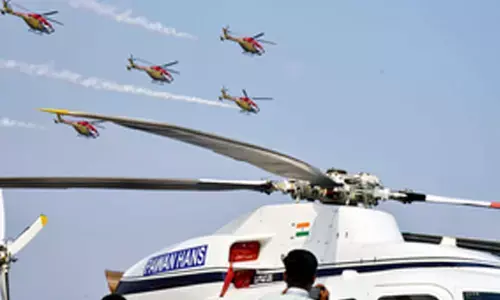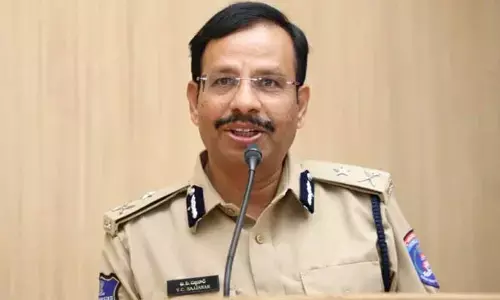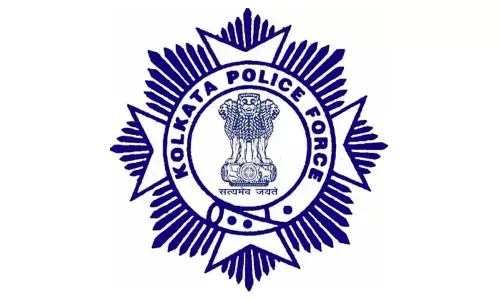Despite NSG setbacks, India committed to 63000 MW nuclear capacity by 2032
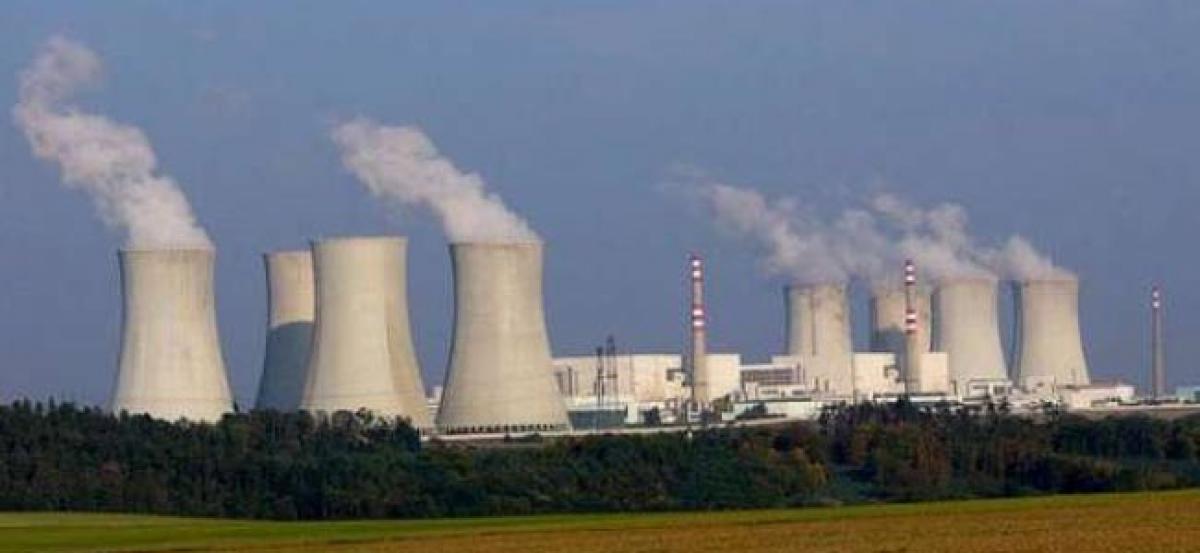
Even as China has indicated its unwillingness to support India\'s attempt to enter the Nuclear Suppliers Group (NSG), the country will still go ahead with its plans to have 63,000 MW of nuclear capacity by 2032.
Mumbai: Even as China has indicated its unwillingness to support India's attempt to enter the Nuclear Suppliers Group (NSG), the country will still go ahead with its plans to have 63,000 MW of nuclear capacity by 2032.
"We want to be a part of the NSG. We are in talks with the member countries as well as China. India believes there will be a positive outcome from its dialogue with China," Atomic Energy Commission of India member Ravi Grover told reporters on the sidelines of India Nuclear Energy Summit here on Thursday.
When asked about country's stand if the talks with China do not go through, Grover said, "We are hopeful they will go through. But if they don't, we will continue with our plans in expanding our nuclear power capacities."
At present, India has a total capacity of 6,000 MW and plans to reach 63,000 MW by 2032.
Nuclear Suppliers Group (NSG) is a group of nuclear supplier countries that seek to prevent nuclear proliferation by controlling the export of materials, equipment and technology that can be used to manufacture nuclear weapons.
To prevent India's entry in the elite group, China has stated that NSG's rules disallow a member who has not signed the nuclear Non-Proliferation Treaty (NPT).
India, however, has already made its position clear that it would not surrender its national interest by signing the accord, but its track record of non-proliferation should entitle it to join the NSG.
India was granted an NSG waiver in 2008 that allows it to engage in nuclear commerce, but deprives it of a vote in the organisation's decision making.
When asked about the progress in the Jaitapur Nuclear Power Project in Maharashtra, Grover said there was a consensus on all the parameters, including technical issues, but the crucial part of financing is yet to be decided on.
"We are currently negotiating on the financing and cost aspect as we want to provide power from these plants at affordable tariffs. Once we come to a conclusion on this aspect, we will then go ahead with developing the plan for setting up of the project," Grover, also director of Homi Bhabha National Institute, said.
State-run Nuclear Power Corporation of India (NPCIL) is in talks with French Company EDF that has agreed to build six LWRs (light-water reactors) with a capacity of 1650 MW each.
He said similar negotiations were on with the US-based WestingHouse Co which is expected to build another six units of 1,000 MW each in Andhra Pradesh.
"Our intent is to arrive at mutual acceptable technical and commercial terms that enable a viable tariff regime," Grover added.








